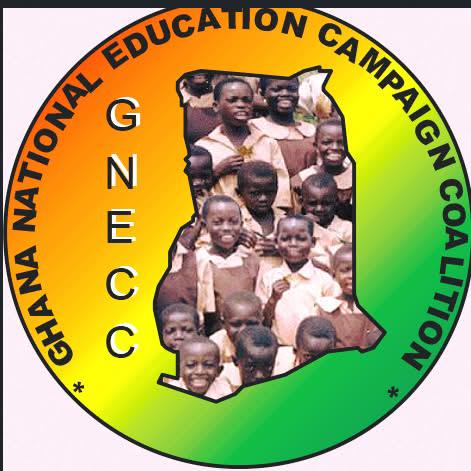The Ghana National Education Campaign Coalition (GNECC) has expressed support for the Education Minister, Haruna Iddrisu’s recent directive encouraging the use of Ghanaian languages as the medium of instruction in basic schools.
The coalition has described the move as a progressive step toward inclusive and effective learning but cautioned that proper preparation and systemic alignment are critical for its success.
In a statement signed by the National Coordinator, Bernice Mpere-Gyekye, GNECC noted that the policy aligns with the National Language Policy and global best practices that emphasise the importance of teaching children in their mother tongue.
According to the coalition, research has consistently shown that children understand lessons better when taught in languages familiar to them.
It cited the Complementary Basic Education (CBE) model, which has demonstrated that pupils can learn to read and write within nine months when taught in their local language.
GNECC added that this approach enhances comprehension, critical thinking, and cultural identity while improving literacy outcomes.
However, GNECC pointed out several challenges that could hinder the effective implementation of the policy.
These include limited continuity beyond Primary Three, a shortage of trained language teachers, and inadequate teaching and learning materials in local languages.
The coalition also raised concerns about the poor placement of graduates who specialize in Ghanaian languages, leading to their underutilization in the education system.
“Without continuity in language learning across all levels of education and proper deployment of trained language professionals, the long-term objectives of the policy cannot be fully realised,” the statement said.
GNECC therefore called on the Ministry of Education, the Ghana Education Service (GES), and other education stakeholders to take key actions to ensure success.
These include providing structured training for teachers to teach effectively in local languages, developing and distributing quality learning materials in approved Ghanaian languages, ensuring policy continuity at the secondary and tertiary levels, reviewing graduate placement systems to utilise language experts effectively and engaging communities and parents to build understanding and support for the policy.
The coalition reaffirmed its commitment to supporting initiatives that strengthen learning outcomes at the basic level, adding that it stands ready to collaborate with the Ministry of Education and other partners to ensure that the language policy achieves its goal of improving literacy among Ghanaian children.
Source: Adomonline
ALSO READ:


